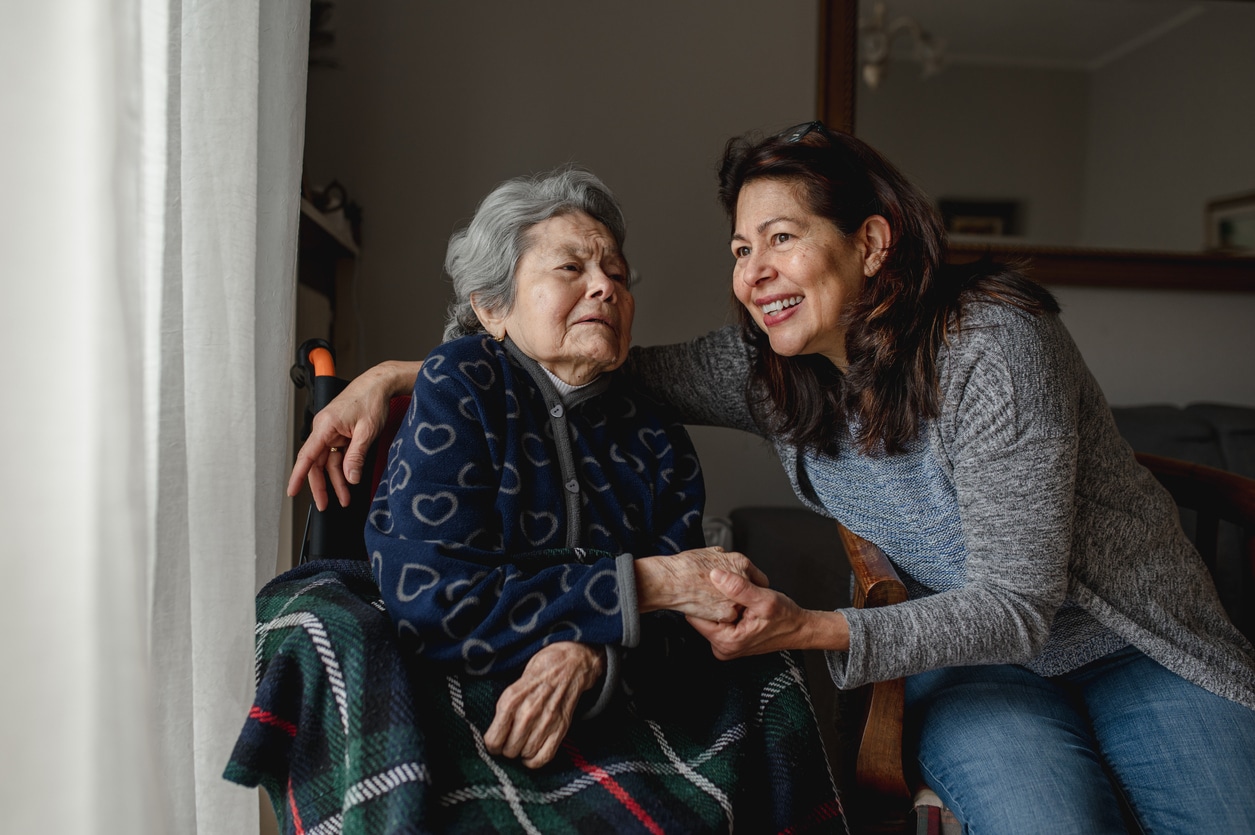Aging gracefully is a privilege, yet it also ushers in a myriad of changes. Both physical and mental transformations mark this phase of life, necessitating adaptations to ensure the well-being and comfort of seniors.
As individuals age, faculties such as hearing, sight, and mobility can diminish, while the specter of various ailments and diseases looms larger. Dietary requirements evolve, navigating daily routines becomes more challenging, and managing expenses on a fixed income can induce feelings of overwhelm. In light of these transitions, it’s imperative to address seniors’ evolving needs effectively.
Considerations for Seniors Navigating the Journey of Aging
Prioritizing Safety
Although aging in one’s own home is often preferred by seniors, even those in relatively good health may encounter difficulties with certain aspects of their living environment. Safeguarding the home environment becomes paramount to ensure the well-being of elderly loved ones.
Interior Precautions
Internally, the home should undergo modifications to minimize the risk of injury or falls. Clearing pathways within rooms and ensuring ample space for maneuverability are essential. Removing clutter and unnecessary furniture can significantly enhance accessibility. Moreover, furniture with sharp edges should be replaced or modified, while loose rugs posing tripping hazards should be secured or removed.
The kitchen, a central space in any home, may require adjustments to enhance accessibility. Consider installing cabinets at reachable heights and replacing handles and pulls with ergonomic alternatives.
Similarly, the bathroom warrants scrutiny. Replacing traditional tubs with walk-in shower stalls equipped with safety features such as benches and grab bars can mitigate risks associated with bathing.
Exterior Considerations
Outside the home, attention should be directed towards steps and handrails, ensuring they are in good condition and securely fastened. Installing ramps, even if wheelchair use is not immediate, can facilitate mobility for seniors experiencing difficulties navigating steps.
Additionally, bolstering home security measures is imperative. Securing windows and doors, installing motion-activated lighting, and considering the implementation of a comprehensive security system with surveillance cameras can help deter potential intruders.
In-Home Care Solutions
For seniors requiring additional assistance, engaging the services of a professional caregiver may be necessary. Conducting a thorough assessment of the senior’s needs is crucial before selecting a suitable caregiver, whether through an agency or independently.
Agencies offer comprehensive care options tailored to individual requirements, providing peace of mind to both seniors and their families. Involving the senior in the decision-making process fosters a sense of autonomy and ensures their preferences are honored.
Emotional Well-being
Beyond physical care, emotional support from family members is paramount for seniors. Maintaining regular communication through phone calls, video chats, and in-person visits helps alleviate feelings of isolation and fosters a sense of connection.
For those living in proximity, regular outings and shared activities can uplift spirits and provide cherished moments of companionship. Accompanying seniors to medical appointments not only ensures their health needs are met but also strengthens familial bonds.
Exploring additional support options, such as medical alert systems, can offer added reassurance. These systems enable seniors to summon emergency assistance with the press of a button, providing peace of mind to both seniors and their loved ones.
In conclusion, embracing the changing needs of seniors throughout the aging process requires thoughtful consideration and proactive measures. By prioritizing safety, facilitating access to necessary care, and nurturing emotional well-being, families can ensure their elderly loved ones enjoy a fulfilling and dignified quality of life as they navigate the journey of aging.




